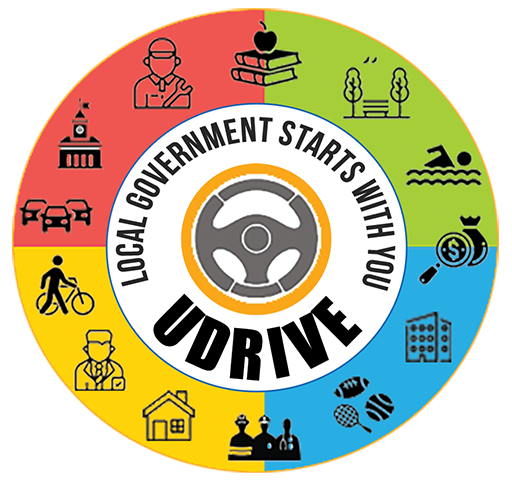The COVID-19 pandemic called into focus the interconnectedness of our global health and socio- economic well being. Unique to the US, Americans witnessed first hand the strengths and weaknesses of our federal, separation of powers system, but also, how interconnected and interdependent leadership is at national, state and local levels.
Citizens have seen both decisive and disjointed policy from officials regarding the pandemic– impacting health, education, housing, and the economy. Crisis management, fiscal policy and contingency plans have varied considerably at state and local levels. Decisions made during this period will be felt for years to come.
Amidst the global pandemic, local officials have also confronted public protests over instances of inequity in society and our government institutions. The challenge will be to create meaningful and lasting impact.
At this juncture, we must reflect on the City of Norwalk and assess where we are headed both as a municipality and place we call home. Are we better or worse off than we were ten years ago? Where will we be in the next ten?

This website is a work in progress. Benchmarking data is dynamic and constantly changing. We ask fellow DRIVErs to contribute information and metrics they feel advances a more professional management narrative to city officials. (The more you know sort of thing.)
After examining the city’s budgets, expenses and revenue sources, and benchmarking Norwalk’s quality of life indicators against other Connecticut cities and towns, here’s our BOTTOM LINE:
Strengths
- Historically, Norwalk has been an affordable, middle class city in an otherwise expensive ‘Gold Coast’ county. Locals could buy a home, give their children a good education, work in the greater NYC metro area and look forward to remaining in retirement, surrounded by family.
- Norwalk has a long and diverse history as an urban/suburban school district that ranks it #1 in Connecticut for urban districts.
- An environmentally aesthetic coastal city, Norwalk is strategically located on Long Island Sound, with six miles of coastline and over a thousand acres of rich parkland.
- Four train stations within an hour to New York City means residents have unlimited access to the largest cultural, financial, media, fashion, entertainment and sports mega cities of the world.
Weaknesses
- Short term, expedient, and insider cronyism has driven city planning and development for decades, adversely impacting residents’ quality of life, wasting tax dollars and threatening local school funding.
- Ordinance and zoning enforcement has been inconsistent, lackadaisical and not kept pace with City Hall’s aggressive density policy.
- Local government has grown, with public employees earning substantially more than the median income of local residents.
- Minimal advocacy by local and state officials to Hartford has adversely impacted Norwalk’s land use, K-12 education & housing finances over the years, challenging economic viability and sustainability.
Opportunities
- A strong sense of identity, value and community is still held by local residents of all colors and creeds — many of whom have lived in Norwalk for generations and wish to remain so.
- The climate for pushback on local government by regular citizens is growing, creating opportunities to 1) reduce political cronyism, 2) encourage smarter growth, 3) improve quality of life for ALL, and 4) create a more sustainable financial future.
Threats
- Increased density and monolithic development continues at record speed, while residents have had limited access to their government during the COVID-19 shutdown.
- Approved development in bottleneck areas (6000+ apartments) and high congestion traffic routes suggests infrastructure is lacking.
- Nominal transparency and communication after the fact has resulted in residents hearing about policies after decisions have been made.
- Housing is being corporatized, with profits subsidized by local tax payers. The 2020-21 budget represented a 3% tax increase for most residents despite ‘record’ development.
- Increased capital bonding and debt for city infrastructure could threaten its AAA rating, as growth is born by existing taxpayers not developers.
- A shift in financial sustainability, sense of community and quality of life is happening at record speed.
It’s never too late for ordinary residents to demand transparency, professionalism, responsiveness, and honesty in government.
Join our non-partisan UDRIVE Norwalk movement.
Share this website and encourage friends and neighbors to pay as close attention to local government as state/national issues.
After all, politicians in Hartford and Washington started on a local board, commission or city council.
It’s your home, your city and your future.
